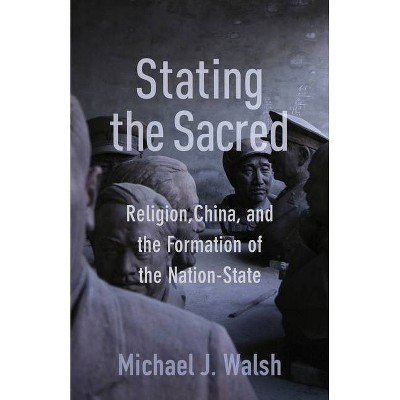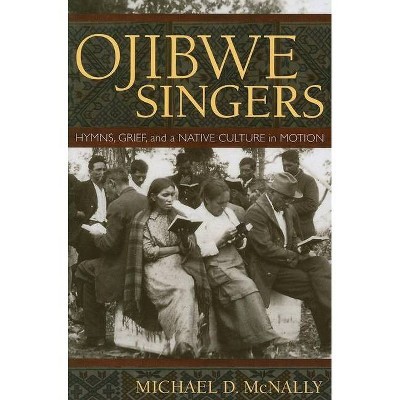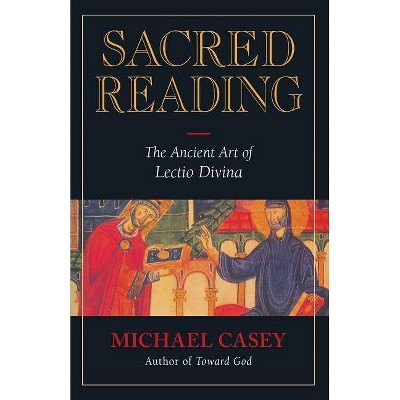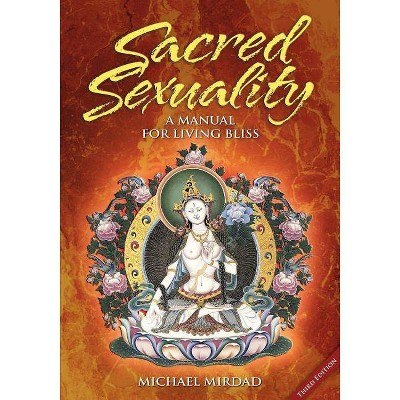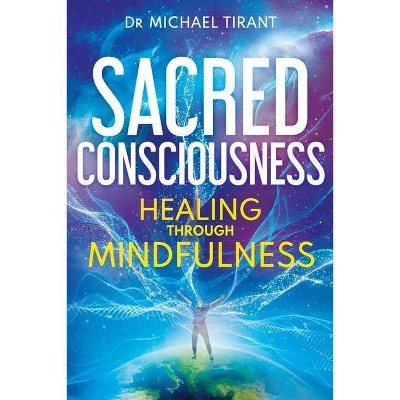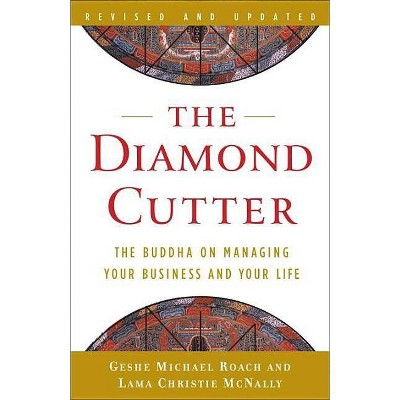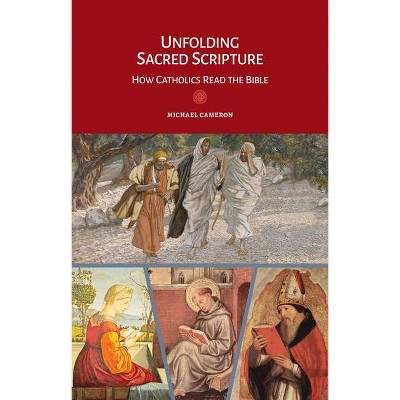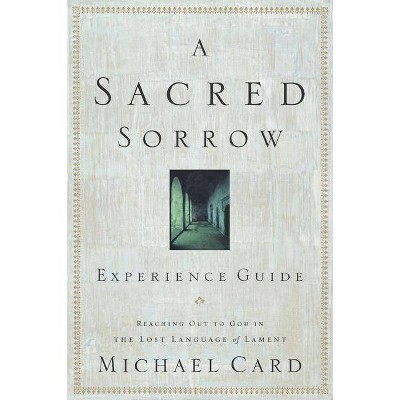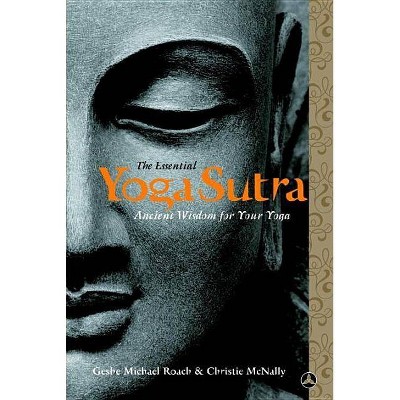Defend the Sacred - by Michael D McNally (Paperback)
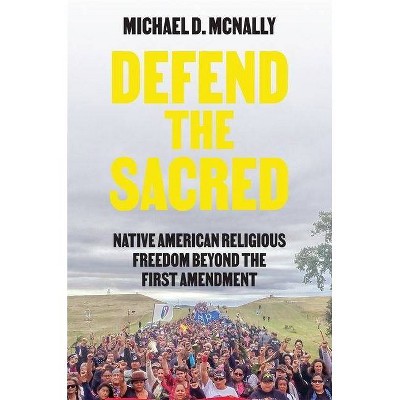
Similar Products
Products of same category from the store
AllProduct info
<p/><br></br><p><b> About the Book </b></p></br></br>"The remarkable story of the innovative legal strategies Native Americans have used to protect their religious rights. From North Dakota's Standing Rock encampments to Arizona's San Francisco Peaks, Native Americans have repeatedly asserted legal rights to religious freedom to protect their sacred places, practices, objects, knowledge, and ancestral remains. But these claims have met with little success in court because Native American communal traditions don't fit easily into modern Western definitions of religion. In Defend the Sacred, Michael McNally explores how, in response to this situation, Native peoples have creatively turned to other legal means to safeguard what matters to them. To articulate their claims, Native peoples have resourcefully used the languages of cultural resources under environmental and historic preservation law; of sovereignty under treaty-based federal Indian law; and, increasingly, of Indigenous rights under international human rights law. Along the way, Native nations still draw on the rhetorical power of religious freedom to gain legislative and regulatory successes beyond the First Amendment. The story of Native American advocates and their struggle to protect their liberties, Defend the Sacred casts new light on discussions of religious freedom, cultural resource management, and the vitality of Indigenous religions today"--<p/><br></br><p><b> Book Synopsis </b></p></br></br><p><b>The remarkable story of the innovative legal strategies Native Americans have used to protect their religious rights</b> <p/>From North Dakota's Standing Rock encampments to Arizona's San Francisco Peaks, Native Americans have repeatedly asserted legal rights to religious freedom to protect their sacred places, practices, objects, knowledge, and ancestral remains. But these claims have met with little success in court because Native American communal traditions don't fit easily into modern Western definitions of religion. In <i>Defend the Sacred</i>, Michael McNally explores how, in response to this situation, Native peoples have creatively turned to other legal means to safeguard what matters to them. <p/>To articulate their claims, Native peoples have resourcefully used the languages of cultural resources under environmental and historic preservation law; of sovereignty under treaty-based federal Indian law; and, increasingly, of Indigenous rights under international human rights law. Along the way, Native nations still draw on the rhetorical power of religious freedom to gain legislative and regulatory successes beyond the First Amendment. <p/>The story of Native American advocates and their struggle to protect their liberties, <i>Defend the Sacred</i> casts new light on discussions of religious freedom, cultural resource management, and the vitality of Indigenous religions today.</p><p/><br></br><p><b> Review Quotes </b></p></br></br><br>Finalist for the Award for Excellence in the Study of Religion, Analytical-Descriptive Studies, American Academy of Religion<br><br>An immensely validating book for advocates and community members immersed in Indigenous Peoples' religious freedom.-- "Harvard Law Review"<br><br>Finalist for the PROSE Award in Legal Studies and Criminology, Association of American Publishers<br><p/><br></br><p><b> About the Author </b></p></br></br><b>Michael D. McNally </b>is the John M. and Elizabeth W. Musser Professor of Religious Studies at Carleton College. He is the author of <i>Honoring Elders: Aging, Authority, and Ojibwe Religion</i> and <i>Ojibwe Singers: Hymns, Grief, and a Native Culture in Motion</i>. Twitter @mcnallymichaeld
Price History
Cheapest price in the interval: 26.99 on October 22, 2021
Most expensive price in the interval: 26.99 on November 8, 2021
Price Archive shows prices from various stores, lets you see history and find the cheapest. There is no actual sale on the website. For all support, inquiry and suggestion messagescommunication@pricearchive.us
